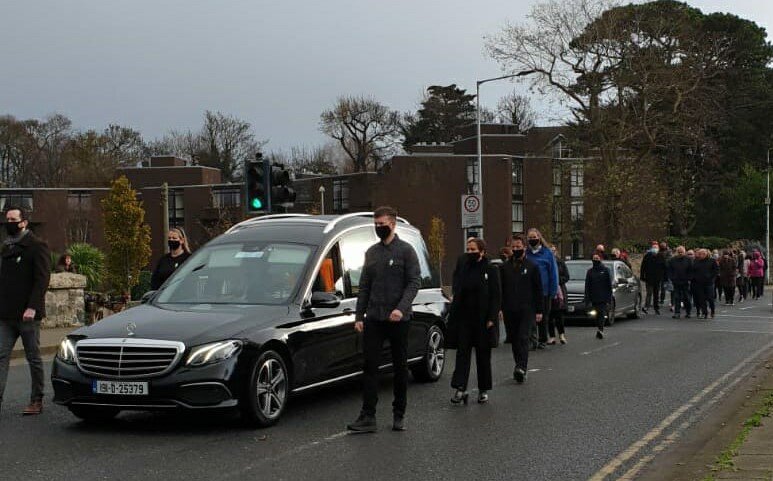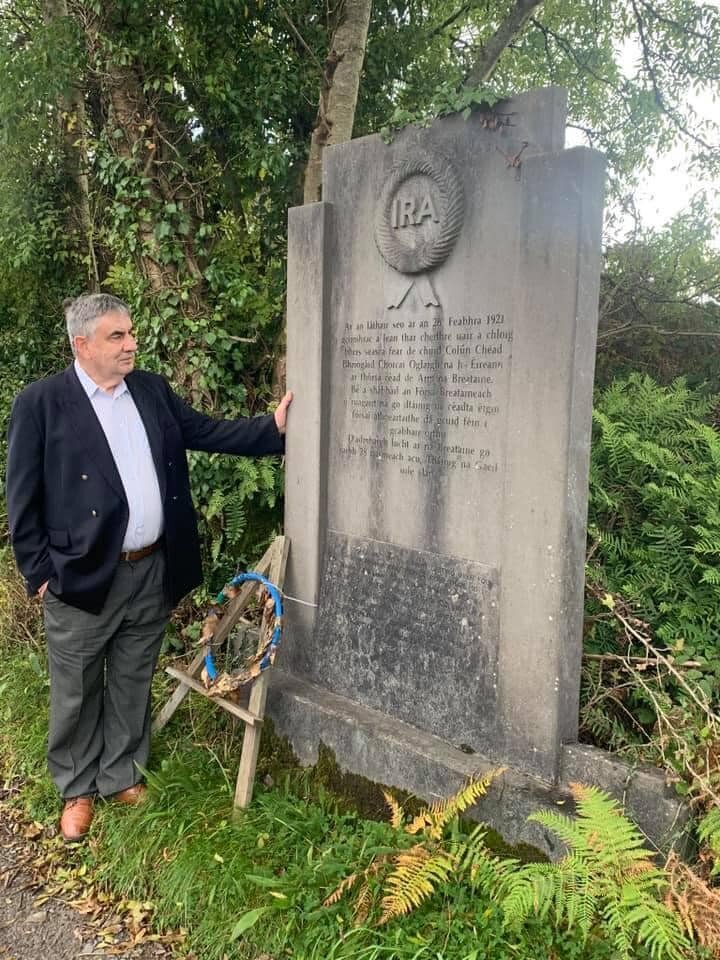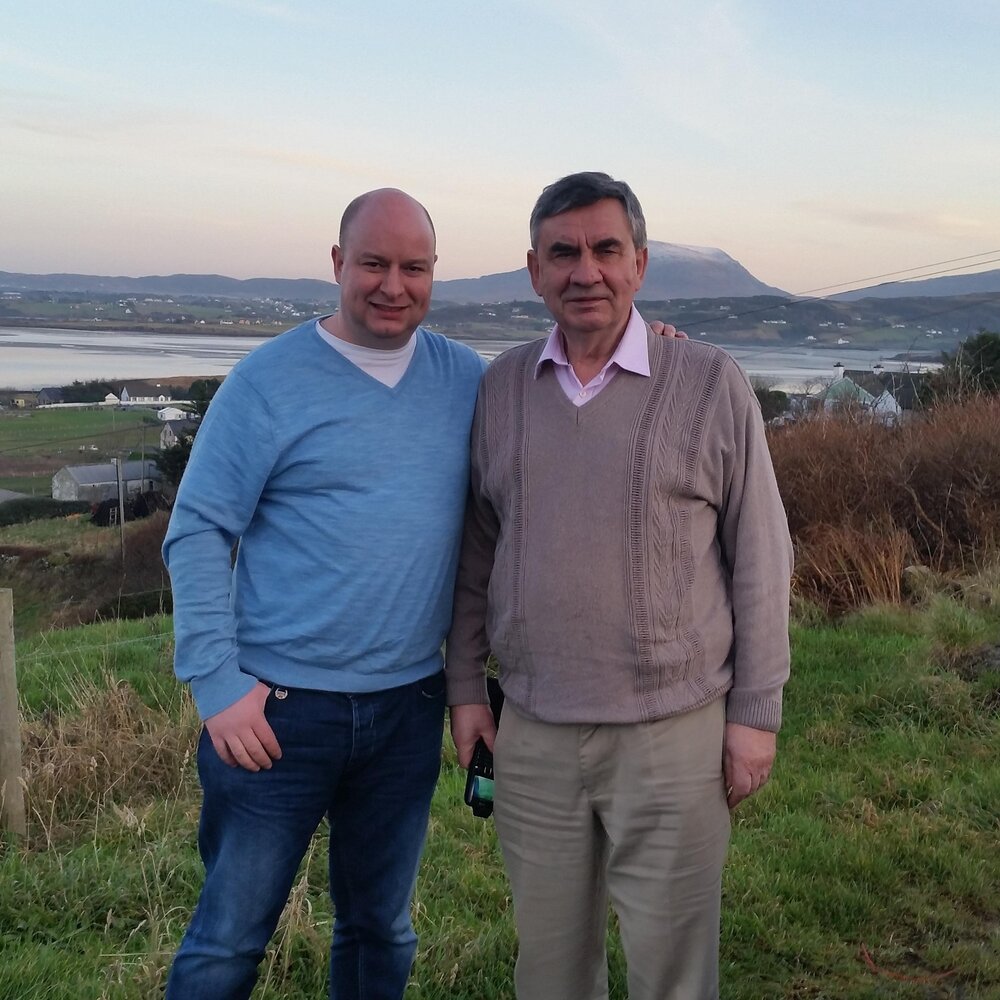Author Archives: Admin
Connolly on Emmet’s rebellion
In chapter IX of Labour in Irish History, Connolly deals with Emmet’s movement and their rebellion in 1803. Connolly records they were even more politically radical than the original United Irish movement. This is because all that was left after the crushing of the 1798 rebellion were the rank and file plebeian elements, whereas the UI had been an alliance of the more radical section of the Protestant middle class and the Catholic peasantry. But Emmet’s group was more specifically working class – it was also tiny, as was the working class at the time.
It was less able to be infiltrated by the state as Irish workers were well used to secrecy because of the anti-trade union laws. Workers at the time made good underground activists. The area with the best-organised trades (weavers, tanners, shoemakers) was also the best-organised in Emmet’s rebellion in Dublin. Wicklow rebels brought to Dublin by Dwyer were, Connolly records, sheltered by dock labourers.
In Waterford, Limerick and Tipperary, rebellion was also working class-centred.
Emmet’s rebellion was very much economically-focussed. It brought together a working class social base and the national question. The class and national questions were merged. Emmet’s group also were linked to English radicals democrats, 8 of whom were hung.
Robert Emmet, records James Connolly, was “the Irish apostle of a worldwide movement for liberty, equality and fraternity.”
The manifesto of his rebellion was very much anti-clerical. The very first article decrees taking over and nationalising church property (the established church in Ireland at the time was, of course, the Church of Ireland) and bans the transfer of land, bonds, etc until public will and independent government is established.
Robert Emmet was probably the first major republican figure to so clearly merge the national and socio-economic. He realised that the exploited class – the emerging working class – had no reason to rally to independence unless they were freed from social bondage as well as British rule.
Subsequently, of course, he was hung, drawn and quartered by the British ‘civilisers’ of Ireland. His body was never returned to his family and its whereabout remains unknown.
Connolly’s view on the defeat of the clans
These are my notes on Connolly’s Labour in Irish History, chapt 8.
The defeat of 1641, according to Connolly, ended the old clan system. The involvement if old Anglo-Irish noblemen, he says, weakened the Irish side as they mainly wanted to maintain their own class position, in turn based on earlier confiscations. These contradictions meant they were riddled with equivocation and treachery. This movement of clans was huge and powerful, but had this fatal weakness: its own class divisions (like the Republican Movement in the Tan War period, I might add.)
With the destruction of clan society came a mixture of feudalism and capitalism, says Connolly.
He is very insightful about how the Protestant landed gentry and capitalists used more fanatically Protestant types to drive down the Catholic masses while, at the same time, exploiting the Protestant lower orders. (This is what later came to be in a really concentrated form, of course, in the six counties statelet.)
Incipient Irish capitalism was stymied by British rule, as the British capitalists did not want competition. But it reproduced opposition in Ireland over and over.
Once the economic reason ceased to drive Irish landlords and capitalists into opposition the upper elements ceased championing independence. Meanwhile, common suffering opened the way to the unity of Protestant and Catholic masses, argues Connolly.
The United Irish movement, he notes, represented the coming together of a series of developments in Irish society, an exceptional person (Tone) – or generation! – and a galvanising event (the French revolution).
Connolly notes how the French revolution changed the consciousness of both Catholics and Protestants, helping bring them together. Tensions between Catholics and Protestants gave way to conflict between the ruling class and a new force, which Connolly class “the democracy”. He reflects that Tone was waging a class war. It is very important to grasp that class war was key.
Moreover, United Irish and the English could only unite when Ireland was independent (a point very reminiscent of what Engels said.)
Connolly recorded that the aristocracy was “anti-freedom”, the Irish fight was part of a global struggle and that Irish fighters were allied with British revolutionaries. (Of course, today it is quite hard to find these today!) The Irish struggle represented what in those days were called “the rights of man” in Ireland.
Tone had asserted that when the aristocracy go forward, the people fall backward, and we might say that when the Irish capitalist class today run things, the masses (in particular, the working class, goes backwards).
Connolly records the celebrations in Belfast over the fall of the Bastille.
Lastly, in this chapter, he records that Tone was combining the national and the socio-economic. He was for making a revolution.
Now, we resume
Well, a month has gone by and nothing. But today or tomorrow I will be getting up some notes on Connolly’s Labour In Irish History from a study/discussion group organised by Eirigi. It’s a couple of chapters where I led the discussion, chapters 8 and 9, in particular dealing with Emmet’s rebellion, which was even more radical than the main United Irish movement which had been crushed in 1798. Emmet was the kind of “last gasp” of the UI movement and especially proletarian.
Getting going again
I’ve not been on-line much at all, in particular with this blog. However, I’m getting going again, so you will be able to expect this from later in the week. Is mise, Phil
Sinn Fein arse-kissers on death of British imperialist
Sinn Fein president and member of the Dublin partitionist parliament MaryLou McDonald on the death of the odious old reactionary husband of the Brit queen:
“Sincere condolences to Queen Elizabeth and family on the death of her husband Prince Phillip. Sympathies to those of a British identity on our island, for whom his death will be felt as a great loss. Ar dheis De go raibh a anam dilis.”
Sinn Fein deputy-leader and member of the northern partitionist parliament Michelle O’Neill:
“As Deputy First Minister I wish to extend my sincere condolences to Queen Elizabeth and her family on the death of her husband Prince Phillip.”
(with thanks to Liam O Ruairc for passing on these comments by McDonald and O’Neill.)
James Connolly on Wolfe Tone
The following article by Connolly appeared in Workers Republic (August 13, 1898); this was the paper of the Irish Socialist Republican Party, which Connolly had established in Dublin in 1896. The transcribing is by the James Connolly Society in 1997. The piece is taken from the Marxist Internet Archive.
Apostles of Freedom are ever idolised when dead, but crucified when living. Universally true as this statement is, it applies with more than usual point to the revolutionary hero in whose memory the Irish people will, on Monday, 15th August, lay the foundation stone of a great memorial.
Accustomed, as we are, to accept without question the statements of platform oratory or political journalism as embodying the veriest truths of history, the real meaning and significance of the life and struggles of the high-soured organiser of the United Irish movement of 1798 is too often lost to the people of Ireland today. We think with pride and joy of Wolfe Tone and his struggle for Ireland, but when we think of his enemies, of those who thwarted him at every opportunity, who ceased not to revile him while alive and paused not in their calumnies even when he had passed beyond the grave, we are too apt to forget that the most virulent and unforgiving of those enemies were not the emissaries of the British Crown, but the men from whose lips the cant of Read the rest of this entry
2021 Calendar – commemorating the 1981 hunger strike
Éirígí’s 2021 calendar is a very special one to mark the 40th anniversary of the 1981 hunger strike.
Including information, artwork, photos and key dates relating to one of the most important events in modern Irish history, these are not to be missed.
Available for just €10 each, all proceeds go to help fund our campaigns, including housing, natural resources, an Teanga and to build support for a new all-Ireland Republic!
Éirígí does not receive any funding from the state or wealthy donors. And we don’t have the backing of any state or private media outlets. Instead we are entirely reliant on the generosity of our party members and supporters who give what they can, when they can.
Copies of the calendar are available from Siopa Éirígí here.






